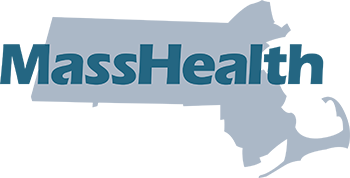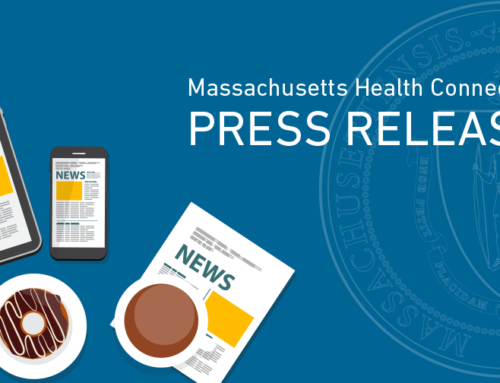April 12, 2024 – The Massachusetts Health Connector is celebrating today’s 18th anniversary of health care reform in Massachusetts, highlighting all-time high enrollment in health and dental plans, and providing health insurance to more than 1.1 million Massachusetts residents since 2015.
Today, 350,000 Massachusetts residents get their health or dental coverage (or both) through the Health Connector, the most in the Marketplace’s history. This includes more than 250,000 in ConnectorCare coverage, the Health Connector’s landmark subsidized health insurance program.
“Massachusetts’s historic health care reform law was signed into law on April 12, 2006, and not only created new opportunities for Massachusetts residents to access affordable health coverage, it also served as the model for national reform and the Affordable Care Act,” said Audrey Morse Gasteier, the Executive Director of the Massachusetts Health Connector. “Over just the last decade, more than 1 million Massachusetts residents have relied the Health Connector at some point for the coverage they needed, and today more than 21 million people are in ACA plans due to what Massachusetts proved was possible nearly two decades ago.”
Massachusetts’s health care reform law, known as Chapter 58, created the Health Connector and the concept of an insurance marketplace that could connect easily residents of all incomes to comprehensive health coverage if they did not have access to coverage through a job or another program, like Medicaid or Medicare. The Health Connector also created a model for delivering subsidized coverage to state residents who qualify. Originally known as Commonwealth Care, the subsidized program was opened to residents in 2007, and was restructured as ConnectorCare in 2014 to leverage new Affordable Care Act subsidies.
“I’m incredibly proud of the impact that the 2006 health care reform law has had on residents of the Commonwealth, as over 1 million people in Massachusetts now have access to affordable health care because of that legislation,” said House Speaker Ronald J. Mariano (D-Quincy). “It was an honor to serve as a negotiator during that process, and I’m proud of the fact that aspects of that legislation went on to serve as a national model for the Affordable Care Act. I want to thank the folks at the Massachusetts Health Connector for continuing to work towards ensuring that every Massachusetts resident has access to affordable health coverage and quality care.”
“The dream that drove health care reform was to make it possible for every person to have affordable and comprehensive coverage regardless of their income or employment status,” said Senate President Karen E. Spilka (D-Ashland). “Today, with more than a million people covered in all parts of Massachusetts, we should be prouder than ever that we are delivering on that dream and continuing to make progress every year.”
Today, 350,000 people have health or dental insurance through the Health Connector. This includes 307,000 people in non-group health coverage, 29,000 who get only dental coverage through the Health Connector, and 13,000 people who are in small-group plans through Health Connector for Business.
The traditional fall Open Enrollment period is when anyone can access coverage through the Marketplace, but special enrollment opportunities are available year-round for a wide range of reasons, including recently losing other coverage, newly moving to Massachusetts, or being eligible for ConnectorCare. Residents who need coverage can go to MAhealthconnector.org to see if they qualify for a plan and help paying for coverage.
About the Massachusetts Health Connector
The Massachusetts Health Connector is the Commonwealth’s health insurance Marketplace, and currently serves 350,000 individuals and small-employer members with health and dental insurance. Massachusetts residents who do not have health insurance from an employer or other entity can use the Marketplace to enroll in coverage. Through the ConnectorCare program, income-qualifying residents can access coverage that includes low-cost premiums and co-pays, and no deductibles.









